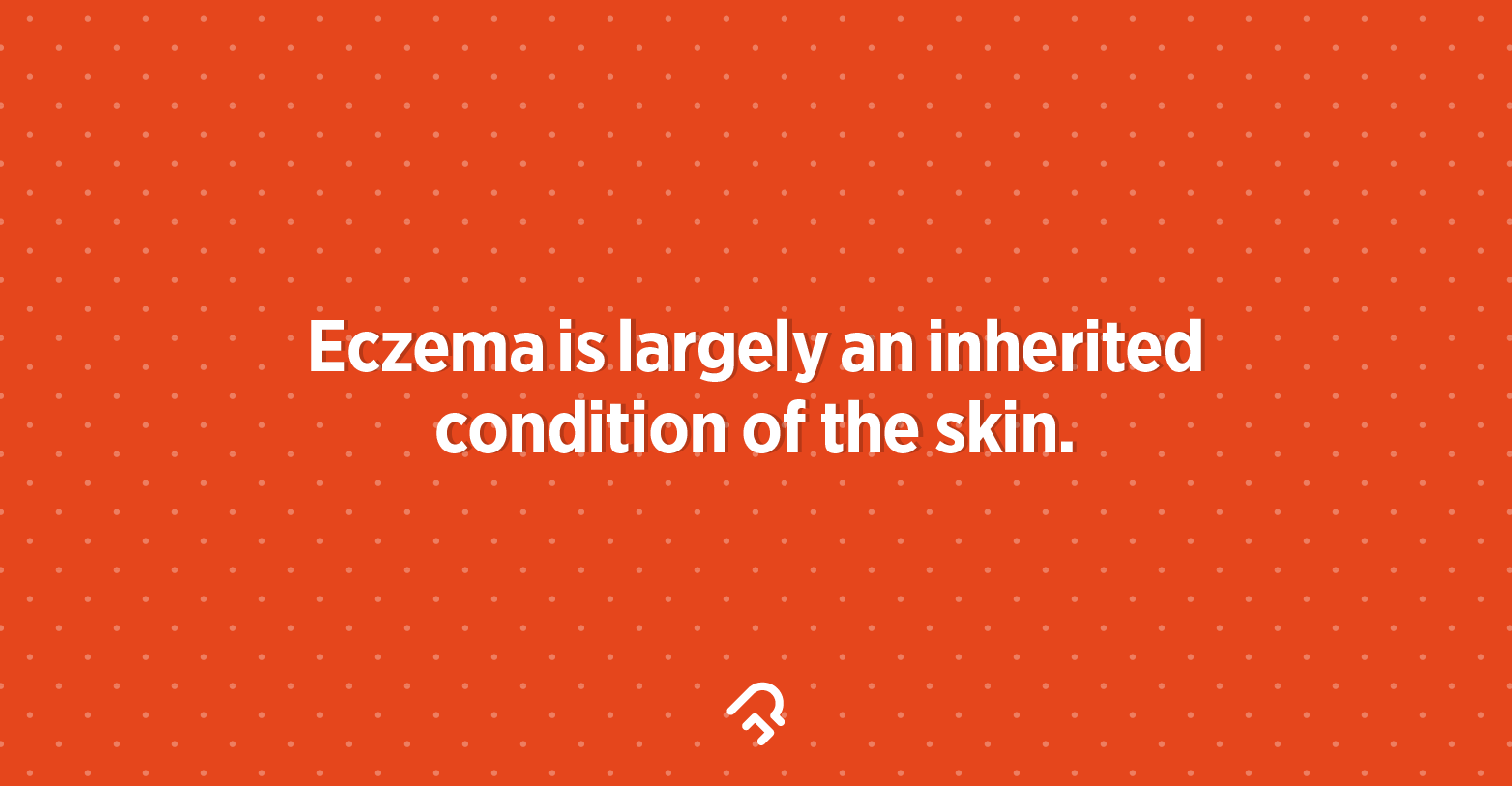All About Eczema – Symptoms, Causes & Cure
By Dr. Nikita Toshi +2 more

Get,

to manage your symptom
Get your,


4 Cr+ families
benefitted

OTP sent to 9988776655



You’ve successfully subscribed to receive
doctor-approved tips on
Whatsapp

Get ready to feel your best.

Hi There,



Register to Avail the Offer
Send OTPBy continuing, you agree with our Privacy Policy and Terms and Conditions

Hi There,

Trusted by 4 crore+ families

OTP sent to 9988776655



You have unlocked 25% off on medicines




Code: NU25

By Dr. Nikita Toshi +2 more
Eczema is an extremely common inflammatory condition of the skin. It may start at any age but is most common in children, affecting 1 in every 5 children at some stage.
‘Eczema’ is a term that comes from the Greek word ‘to boil’ and is used to describe red, dry, itchy skin which can sometimes become weeping, blistered, crusted, scaling and thick. The words eczema and dermatitis mean the same thing and thus atopic eczema is the same as atopic dermatitis.

Table of Contents
Eczema can affect any part of the skin, including the face but the areas that are most commonly affected are the joints at the elbows and knees as well as the wrists and neck. Other common appearances of atopic eczema include coin-sized areas of inflammation on the limbs and numerous small bumps that coincide with the hair follicles.
Affected skin is usually red and dry and scratch marks (accompanied by bleeding) are common. When the eczema is very active, it may become moist and weepy (during a ‘flare-up’) and small water blisters may develop, especially on the hands and feet. In areas that are repeatedly scratched, the skin may thicken (a process known as lichenification) and this may cause the skin to itch more. Sometimes affected areas of the skin may become darker or lighter in colour.
Eczema is a skin condition that causes dry and itchy patches of skin. It’s a common condition that isn’t contagious. Symptoms of eczema can flare up if you contact an irritant or an allergen. There are treatments available to help you manage symptoms, but there isn’t a cure.
Dr. M.G. Kartheeka, MBBS, MD
The exact causes of atopic eczema are unknown but it seems to be a combination of genetic and environmental factors.
Research suggests that atopic eczema is largely an inherited condition. If one parent has eczema, there might be a 60% chance that the child will develop the condition. If both parents have eczema, the chances of inheriting the condition leap to 80%.
If a person is genetically susceptible to developing eczema, then they are likely to develop the condition when exposed to certain allergens in the environment. These can include:
Food allergens such as eggs, milk, nuts, soya, fish and wheat may also trigger the development of eczema.
Also Read: Baking Soda Bath: Research-Based Benefits and How to Do It Properly
These should be applied several times every day to help the outer layer of skin function better as a barrier to the environment. The drier skin, the more frequently one should apply a moisturizer. You can also try aloe vera for the skin to keep it hydrated and moisturized.
If eczema becomes wet, weepy and crusted, it may be infected and a course of antibiotics may be needed. Antiseptics, when applied to the skin alone or as part of a moisturizing preparation, can be helpful in stopping the growth of bugs.
Doctors may recommend antihistamine tablets, which in some patients can be helpful. Those antihistamines that make people sleepy (such as chlorphenamine and hydroxyzine) might be the most useful and are generally given at night. They have no effect on the inflammation of eczema and are helpful largely as a result of their sedating effects, reducing sleep disruption.
Also Read: Why Do My Armpits Itch: Research-Based Reasons and Remedies
The most important treatment of eczema is skin hydration followed by topical steroids for flare-ups, Treatments are very effective in reducing the symptoms of itchy, dry skin but there isn’t a cure for the disease.
Dr. Ashish Bajaj – M.B.B.S, M.D.
Some people with chronic eczema benefit from ultraviolet light treatment, which is usually given in a specialist hospital department and supervised by a dermatologist. This is rarely used for children.
People with eczema will benefit from a psychological approach to their condition in addition to the use of creams, ointments, etc. With constant care, eczema does not have to be an impediment to living a happy, normal life.
Ever wondered what the deal with Liposuction is? Read on to find out.
Also Read: Coping Strategies For Stress-Related Eczema On Hands: An Overview
Disclaimer: The information provided here is for educational/awareness purposes only and is not intended to be a substitute for medical treatment by a healthcare professional and should not be relied upon to diagnose or treat any medical condition. The reader should consult a registered medical practitioner to determine the appropriateness of the information and before consuming any medication. PharmEasy does not provide any guarantee or warranty (express or implied) regarding the accuracy, adequacy, completeness, legality, reliability or usefulness of the information; and disclaims any liability arising thereof.
Links and product recommendations in the information provided here are advertisements of third-party products available on the website. PharmEasy does not make any representation on the accuracy or suitability of such products/services. Advertisements do not influence the editorial decisions or content. The information in this blog is subject to change without notice. The authors and administrators reserve the right to modify, add, or remove content without notification. It is your responsibility to review this disclaimer regularly for any changes.

Leave your comment...
Comments